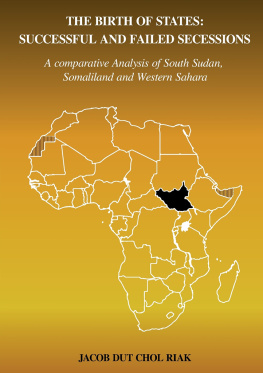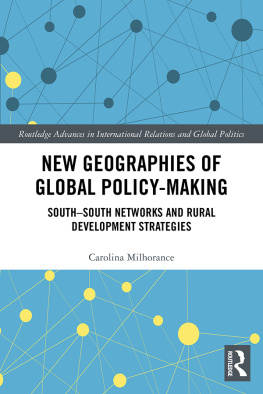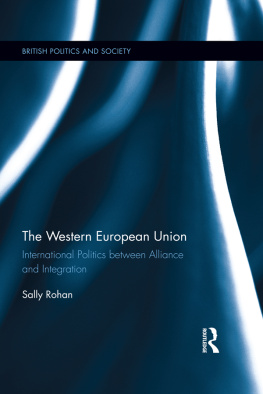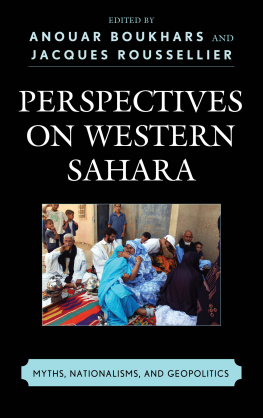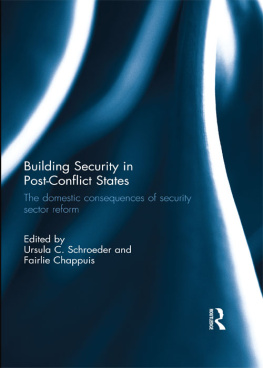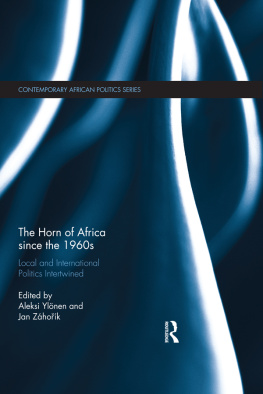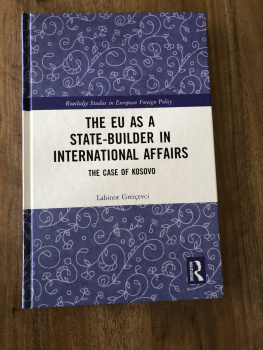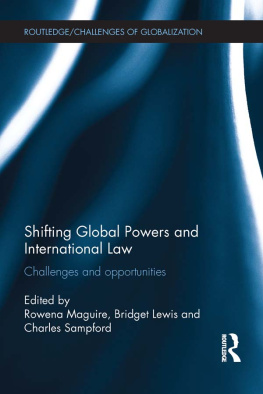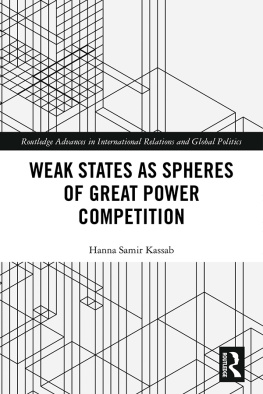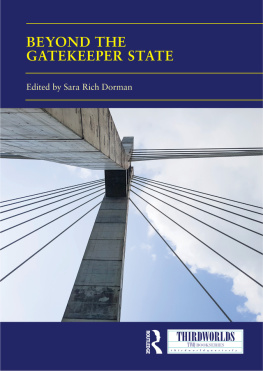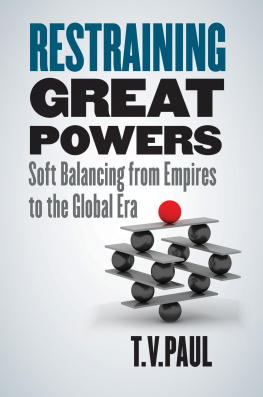
A Note from the Publisher
The publisher wishes to acknowledge and thank Dr Douglas H. Johnson for his invaluable help and support for Africa World Books and its mission of preserving and promoting African cultural and literary traditions and history. Dr Johnson and fellow historians have been instrumental in ensuring that African people remain connected to their past and their identity. Africa World Books is proud to carry on this mission.
Jacob Dut Chol Riak, 2021
ISBN: 978-0-6451109-1-3
ISBN: 978-0-6451469-8-1 (e-book)
All rights reserved
No part of this publication may be reproduced, stored in a retrieval system, or transmitted, in any form, or by any means, electronic, mechanical, photocopying, recording or otherwise, without the prior permission of the publishers.
This book is sold subject to the conditions that it shall not, by way of trade or otherwise, be lent, re-sold, hired out or otherwise circulated without the publishers prior consent in any form of binding or cover other than in which it is published and without a similar condition including the condition being imposed on the subsequent purchaser.
Cover design, typesetting and layout: Africa World Books
Cover image: Balasoiu / Freepik
So no matter where it takes hold, government of people and by people sets a single standard for all who would hold power. You must respect the rights of minorities and participate with a spirit of tolerance and compromise; you must place the interests of your people and the legitimate workings of the political process above your party. Without these ingredients, elections alone do not make true democracy.
President Barack Obama,
Cairo, June 4, 2009
Dedication
To my late lovely mother Daruka Aluel aka Aguet Ajang Duot: your love for education and self-emancipation can never be forgotten! I wish you were around now to see the educational fruits of your son. Continue resting in eternal peace, Mom!
To my lovely wife, Rechoh Achol Dau, thank you for your enthusiasm for our familys success and education; it is an epitome of my triumph.
Abstract
THIS BOOK EXAMINES different domestic and international factors that lead to support for secessions. It questions why South Sudans secession was successfully supported by Western great powers while Somaliland and Western Sahara were not supported. It uses realist theory and norms of sovereignty as an analytical conceptual framework for understanding the national interests of the Western great powers in supporting independence and conferring sovereignty. It argues that support for secessions and international recognition have more to do with the great powers own interests, particularly, the U.S., rather than the fulfillment of the criteria of international law.
The analysis examines six competing arguments (hypotheses) such as: history of conflict; agreed framework and commitment of local population; compatible norms and internationalized ethnic politics; status of the mother state in the eyes of the international community; economic benefits, and security and stability interests in the case of South Sudan. A comparison of these hypotheses with the cases of Somaliland and Western Sahara shows that the unique case of support for South Sudan statehood was due to its long and bitter history of conflict, to compatible norms and internationalized ethnic politicsparticularly with the U.S., as well as the diminished status of Sudan in the eyes of the international community, especially with regard to human rights violations in Darfur and the security and stability interests triggered by September 11, 2001. The remaining two hypothesesagreed framework and commitment of the local population, along with economic benefitsappear not to be unique to the case of South Sudan since the agreed framework was present for both South Sudan and Western Sahara and commitment of the local population was present in all three cases. The second factor (economic benefits) is particularly relevant to Western Sahara, since the U.S. and France have an interest in Moroccos resources and hence are less interested in Saharawis independence.
1. Introduction
THE BIRTH OF ANY state in the world is influenced by other nation-states that have both political and economic power. Political power distinguishes the regional from the great powers since the latter determines international influence in secessions and recognition of states. Although secession is not a new phenomenon in international and comparative politics, the end of the Cold War has made it a critical area of research with the dissolution of the USSR and of Yugoslavia. This is not to dispute the fact that secession is as old as history and began in 933 BCE when the tribes of northern Israel seceded from the larger Davidian Kingdom soon after King Solomon died (Siroky, 2009: 2). This theological anecdote serves as the etymology of secession.
While some secession took place in Europe around the 1900s and again during the 1990s, other cases took place in Asia between the 1970s and 1990s and also in Africa in the 1990s. Experiencing the increasing number of secessionist movements in the post-Cold War period, the great powers (U.S., UK, France, Russia and China) reacted in contradictory ways, by supporting and recognizing some cases of secession while neglecting others. Why is this so? Why, for example, did the great powers support the secessions of Timor-Leste and of Eritrea, but not of South Ossetia, Abkhazia or Chechnya? Why did the great powers strongly support the secession of South Sudan but not the cases of Somaliland or Western Sahara? What is so particular about South Sudan that the whole world, led by the enduring great powers, supported its secession and massively recognized it as a sovereign independent state, while its sisters such as Somaliland and Western Sahara, which had sought independence earlier, did not get support?
Is this more to do with the great powers national interests? Or is it about the perceived stability that the seceding region would bring to the international community? This raises an important theoretical and empirical concern in investigating the great powers support to secessions and recognition of statehoods and this dissertation seeks to contribute to this debate.
1.1 Methodology
This study relied on elite interviews conducted during short field visits and on secondary sources. It combines process tracing and the comparative method in order to determine how the South Sudan case became so different from the cases of Somaliland and Western Sahara. Because the comparative method shows the existence of causal mechanisms, but not why and how causation occurs, process tracing within case comparisons validates causal chains, causal processes and contextual evidence and is suitable for this research.

